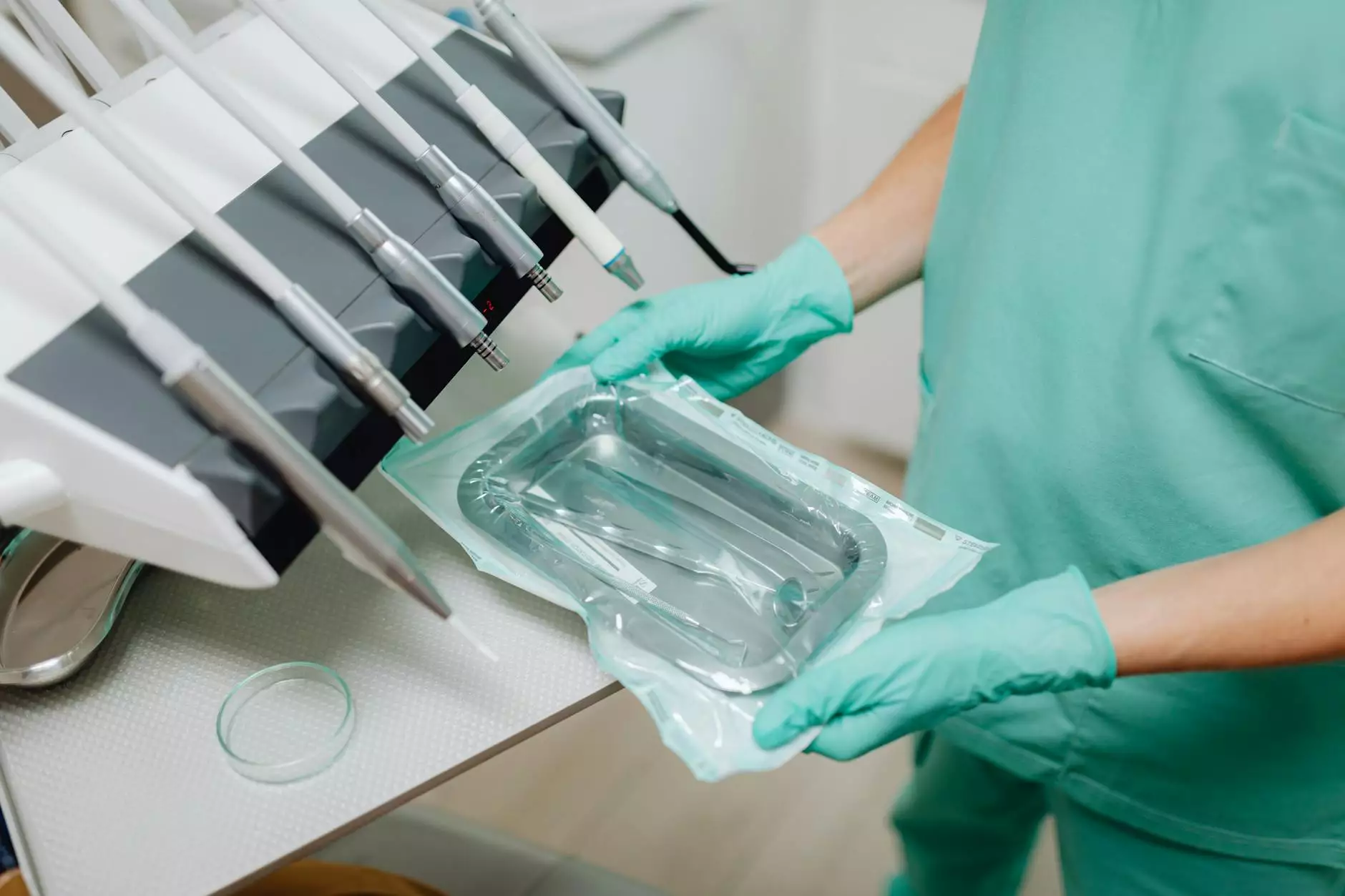Top Medical Instruments to Buy for Your Practice

In the ever-evolving world of healthcare, having the right medical instruments at your disposal is not just an option; it is a necessity. The selection of quality instruments can significantly enhance patient care, improve diagnoses, and streamline operations within your medical practice. If you are looking for medical instruments to buy, it is vital to understand what your specific needs are, alongside the features and functionalities that can benefit both staff and patients alike.
Understanding the Importance of Quality Medical Instruments
Quality medical instruments are crucial for several reasons:
- Accuracy: High-quality instruments provide precise measurements and accurate readings, crucial for effective treatment.
- Durability: Investing in reliable equipment ensures longevity and reduces the frequency of replacements, saving money in the long run.
- Patient Safety: Properly functioning instruments minimize the risk of errors during procedures.
- Efficiency: Streamlined processes lead to quicker turnaround times for patient care.
Key Categories of Medical Instruments to Consider
When it comes to selecting medical instruments to buy, consider the following key categories that cater to various medical needs:
1. Diagnostic Instruments
Diagnostic instruments are essential for examining patients and diagnosing conditions accurately. These include:
- Stethoscopes: Vital for listening to heartbeats and lung sounds.
- Sphygmomanometers: For measuring blood pressure accurately.
- Otoscopes and Ophthalmoscopes: Used for ear and eye examinations.
2. Surgical Instruments
Surgical instruments are critical for performing various medical procedures. They are designed for specific tasks. Common instruments include:
- Scalpels: Essential for making incisions.
- Forceps: Used for gripping and manipulating tissues.
- Surgical Scissors: Available in various sizes for different types of cuts.
- Hemostatic Clamps: Vital for controlling bleeding during surgery.
3. Treatment Instruments
These instruments are used during treatment to aid recovery and improve health outcomes. Examples include:
- Syringes and Needles: For administering medication or vaccines.
- Electrotherapy Devices: Used for physical therapy treatments.
- Infusion Pumps: Essential for delivering fluids and medications accurately.
4. Monitoring Equipment
Monitoring equipment is essential for observing patient vitals and medical conditions. Key instruments include:
- Pulse Oximeters: To measure oxygen saturation levels.
- ECG Monitors: For monitoring heart activity.
- Blood Glucose Monitors: Crucial for diabetes management.
Choosing the Right Medical Instruments
When selecting medical instruments to buy, consider the following factors:
- Clinical Needs: Assess the specific needs of your practice.
- Quality Standards: Ensure compliance with industry regulations and standards.
- Supplier Reputation: Work with trusted suppliers known for quality products and support.
- Budget: Balance quality with affordability to ensure value for your investment.
Where to Buy Medical Instruments
Purchasing high-quality medical instruments is easier than ever, with various options available:
1. Online Suppliers
Websites like new-medinstruments.com offer a wide array of products that can be conveniently ordered online. Ensure that the platform offers detailed product information, customer reviews, and a return policy for added security.
2. Local Medical Supply Stores
Visiting local medical supply stores allows you to inspect products firsthand and consult with knowledgeable staff. This can be beneficial for specialized instruments where personal recommendations are valuable.
3. Medical Equipment Expos and Trade Shows
Attending industry expos provides opportunities to compare different instruments, engage with manufacturers, and gain insights into the latest trends and technologies in medical instruments.
Maintaining Your Medical Instruments
Proper maintenance of medical instruments is crucial for prolonging their lifespan and ensuring they function effectively. Key maintenance tips include:
- Regular Cleaning: Clean instruments according to manufacturer guidelines to prevent cross-contamination.
- Routine Inspections: Regularly check instruments for wear and tear or malfunction.
- Calibration: Calibrate diagnostic and monitoring equipment to guarantee accuracy.
Benefits of Investing in Quality Medical Instruments
Investing in quality medical instruments pays dividends in numerous ways:
- Enhanced Patient Care: Better instruments lead to improved diagnostics and treatment outcomes.
- Operational Efficiency: Streamlined processes save time and resources.
- Reputation Management: Having reliable tools boosts the credibility of your practice.
The Future of Medical Instruments
The medical instrumentation field is continually advancing, with innovative technologies emerging to improve patient care. Key trends include:
- Telemedicine: Development of instruments that facilitate remote diagnostics.
- Smart Devices: Wearable technologies that monitor health data in real-time.
- Robotics: Enhanced surgical instruments that improve precision and reduce recovery times.
Conclusion
Selecting the right medical instruments to buy is a vital step toward providing exceptional healthcare services. By understanding the categories, benefits, and future trends in medical instruments, you position your practice to thrive in a competitive landscape. For the best selection and quality, visit new-medinstruments.com to explore a wide range of high-quality medical instruments tailored to your needs.
© 2023 New-Med Instruments. All rights reserved.









